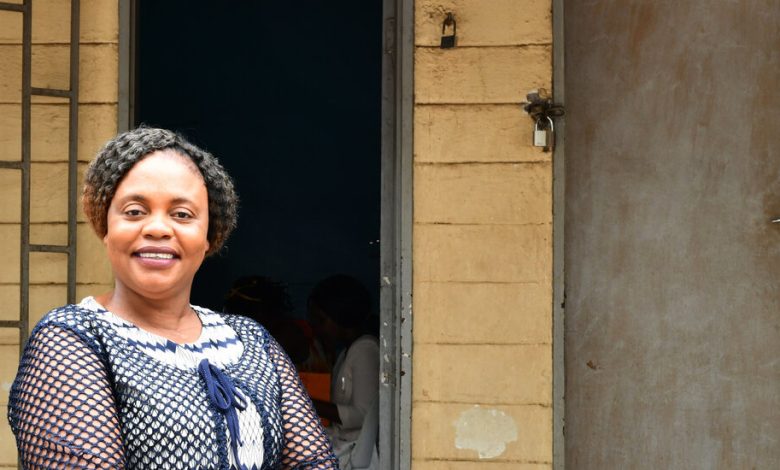Seeking a Road to Peace in Southeast Africa

This article is part of our Women and Leadership special report that coincides with global events in March celebrating the accomplishments of women. This conversation has been edited and condensed.
Deborah Julio, 36, has a past that helped shape her role as an advocate for women’s rights and a conflict mediator between the southeast African nation of Malawi, where she lives, and neighboring Mozambique.
Ms. Julio lost her father when she was 2 years old and dropped out of primary school after the loss of her mother. She eventually studied to be a pastor, and now has a grocery store in her town. Her first husband died in a car accident in 2016, and she has since remarried. Today, she has two stepchildren and three children from her previous marriage. In addition to advocating women’s rights as chair of the Women’s Movement in Mangochi District, Malawi, and as secretary of the District Peace and Unity Committee(DPUC), Ms. Julio helps with conflict mediation supported by U.N. Women Malawi.
Ms. Julio’s work is especially relevant because she resides in an area that’s impacted by religious conflict, violence around borderland disputes and a high rate of early child marriage.
How did you end up being a broker of peace?
In 2016, I attended a conflict and peace-building training in Mangochi. Afterward, I was selected to become one of the first members of the DPUC, a voluntary group that supports the local council with conflict resolution and peace building. I was picked as the secretary.
U.N. Women got to know of our work and invited me to attend a Women’s Movement training, where they equipped us with skills to address gender-based violence. I was then elected as chairperson for the Mangochi Women’s Movement group.
